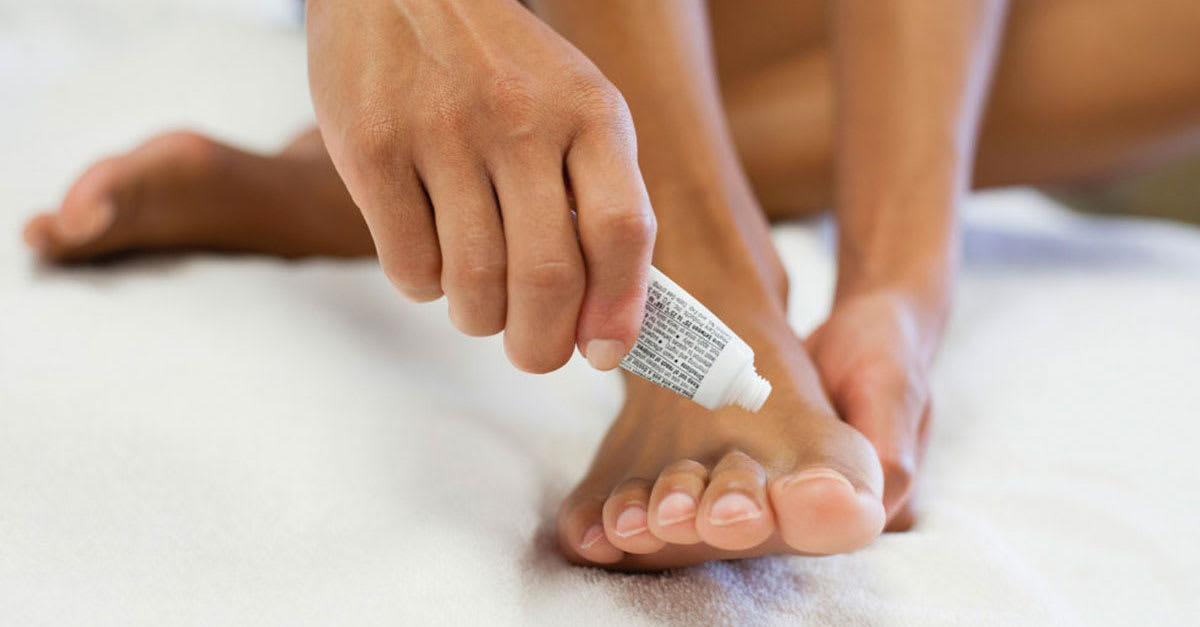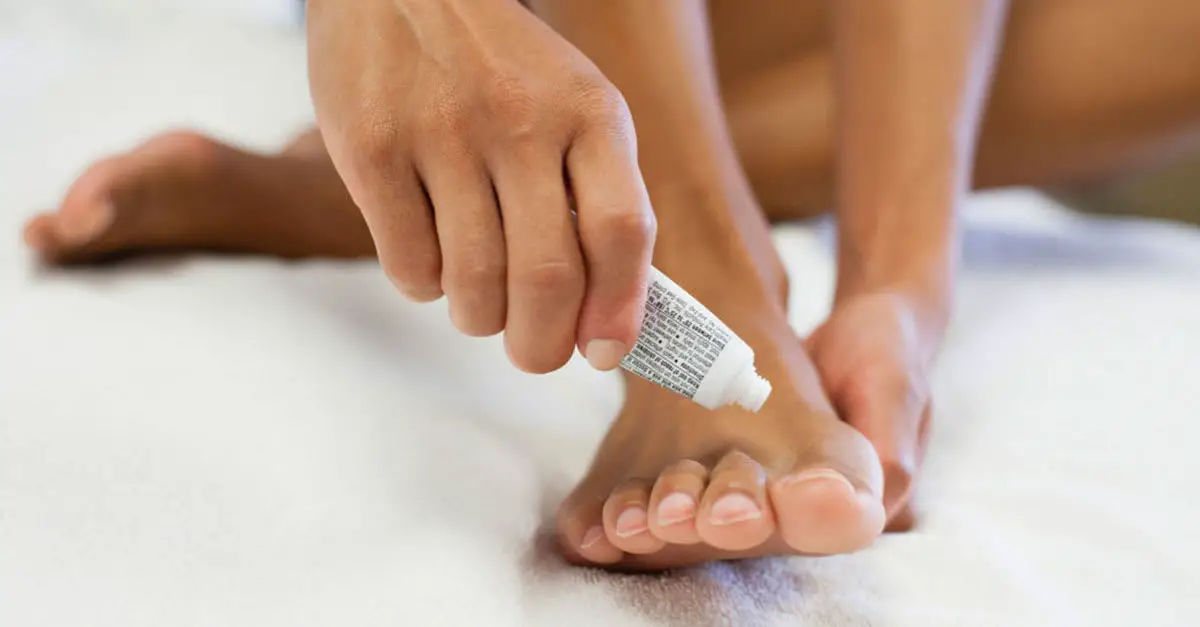What Does Antifungal Cream Do? The Big, Approved Guide
In the world of skincare and health, many people find themselves asking, 'what does antifungal cream do'? This question is not only common but also significantly important, considering how prevalent fungal infections are. Antifungal creams can be found in nearly every household, pharmacy, and medical facility, underscoring their crucial role in maintaining skin health.
Before diving into the specifics, it's essential to understand that fungal infections can affect anyone. These infections can range from mildly irritating to severely debilitating if left untreated. Knowing precisely what antifungal creams do, and how they can help, is the first step towards better skin health and comfort.

What is Antifungal Cream?
Antifungal creams are topical medications specifically formulated to treat fungal infections on the skin. They work by targeting the cell membranes of fungi, disrupting their growth and replication. Most antifungal creams contain active ingredients such as clotrimazole, miconazole, or terbinafine, which are known to be highly effective against a wide range of fungal pathogens.

How Do Antifungal Creams Work?
The primary function of an antifungal cream is to kill or inhibit the growth of fungi that cause infections. These creams are designed to penetrate the skin and directly target the source of the infection. By disrupting the cellular processes of fungi, these creams prevent them from multiplying, thereby reducing infection and inflammation.
Disrupting Fungal Cell Membranes
One of the main mechanisms of action for many antifungal creams is the disruption of fungal cell membranes. The active ingredients like clotrimazole and miconazole interact with components in the fungal cell membrane, causing them to break down. This leads to the leakage of cellular contents and ultimately the death of the fungal cells.
Inhibiting Fungal Growth
Aside from directly killing fungi, antifungal creams also work by inhibiting the growth and reproduction of fungi. By interfering with the synthesis of essential cellular components, these creams slow down the spread of infection. This makes it easier for the bodys immune system to clear up the remaining infection.

Common Types of Fungal Infections Treated by Antifungal Creams
Antifungal creams are versatile and used to treat a variety of fungal infections, each with its own characteristic symptoms.
Athletes Foot (Tinea Pedis)
Athlete's foot is one of the most common fungal infections. It primarily affects the feet, causing itching, burning, and cracked skin. Antifungal creams can effectively penetrate the thick skin of the feet to eliminate the fungus. Learn more about using antifungal soap.
Ringworm (Tinea Corporis)
Contrary to its name, ringworm is not caused by a worm but by a fungus. It appears as red, circular, and itchy rashes on the skin. Antifungal creams are particularly effective in treating ringworm by killing the fungus causing these distinctive lesions.
Jock Itch (Tinea Cruris)
Jock itch affects the groin area and is common among athletes. This infection manifests as a red, itchy rash. Antifungal creams are applied to the affected area, bringing relief from itching and irritation while killing the fungus. Find out more about Aloe Vera and its benefits.

How to Use Antifungal Creams Effectively
Proper application of antifungal creams is crucial for their effectiveness. Here are some key steps:
- Clean the Affected Area: Before applying the cream, ensure the area is clean and dry. This helps the cream to penetrate better. Here's a guide to keeping your skin clean.
- Follow the Instructions: Always follow the dosage instructions provided by your healthcare provider or the product label.
- Consistency is Key: Apply the cream consistently as directed, even if symptoms begin to improve, to ensure the infection is fully eradicated.
- Practice Good Hygiene: Keep the affected area dry and avoid sharing personal items to prevent the spread of the infection.
Potential Side Effects and Considerations
While antifungal creams are generally safe, they can have side effects, especially with prolonged use. Common side effects include skin irritation, redness, and itching. If symptoms persist or worsen, it's crucial to consult a healthcare professional. If you're interested in more skincare tips, check out our guide on using Shea Butter.
Why Do Fungal Infections Occur?
Understanding why fungal infections occur can help in preventing them. Factors like warm, moist environments, a weakened immune system, and poor hygiene can contribute to the growth of fungi on the skin.
Warm and Moist Environments
Fungi thrive in warm, moist environments. Areas of the body that are often covered and sweaty, such as feet and groin, are more susceptible to fungal infections.
Weakened Immune System
Individuals with weakened immune systems, such as those with diabetes, HIV, or undergoing chemotherapy, are more susceptible to fungal infections. Their bodies are less able to fight off the invading fungi.
Preventing Fungal Infections
Preventing fungal infections involves adopting good hygiene practices and lifestyle changes.
- Keep skin clean and dry.
- Change socks and underwear frequently.
- Avoid walking barefoot in public places.
- Wear breathable clothing.
Conclusion
Understanding 'what does antifungal cream do' is vital for anyone seeking to maintain healthy skin. These creams play a crucial role in treating various fungal infections, improving comfort, and preventing further complications. With proper use, antifungal creams can effectively eliminate fungal infections and promote better skin health.
Frequently Asked Questions
Can antifungal cream be used on all parts of the body?
Generally, yes, but it's vital to follow the specific instructions provided with each product. Some creams are formulated for particular areas like the feet or groin.
How long does it take for antifungal cream to work?
The time it takes for antifungal creams to work can vary. Generally, you may see improvement within a few days, but it's essential to continue using the cream for the entire recommended duration to prevent recurrence.
Are there any natural alternatives to antifungal creams?
Some natural remedies like tea tree oil have antifungal properties. However, their effectiveness may not match that of clinically tested antifungal creams. Always consult a healthcare professional before trying natural alternatives.
As an Amazon Associate, I earn from qualifying purchases.

